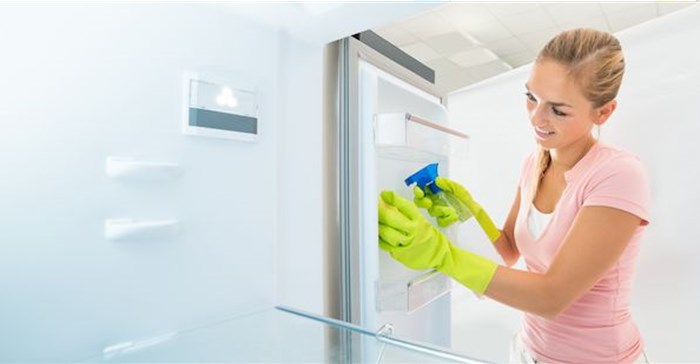
The South African Consumer Protection Act (CPA) states that poor refrigeration, which may compromise stored food, could lead to serious legal issues for supermarkets. To prevent this, as well as stock loss, retailers need to make sure that their refrigerators are ISO 9001 certified. This is vital for delivering the freshest products to their customers.
The effective cleaning of commercial fridges and freezers is the best method of keeping within the act. This prevents parts from becoming clogged up, allows units to run smoothly and ensures that food is well-preserved at the ideal temperature.
Emma Corder, managing director of Industroclean, a local manufacturer and distributor of cleaning products and machinery, says that this can be achieved by ensuring that the right cleaning materials are used.
“The cleaning product you use will make all the difference in the result you achieve, whatever the surface. In some cases, a multi-purpose detergent is the answer," she says. “It should be noted that the equipment and the contents that will be stored in it should always be considered, when choosing cleaning materials.”
Corder adds that cleaning your fridges or freezer on a regular basis shouldn’t have to be a major operation, whether they are commercial or domestic units. Commercial refrigerators should really be cleaned once a week, but with the leaking and odours that come with things like load shedding or a unit that has packed up, this should be addressed as soon as it is detected.
According to the World Health Organisation’s food safety guide (Food Safety: What you should know, 2015), bacteria, like Listeria, has the ability to multiply below fridges. It is inevitable that this would apply to any other surfaces that come into contact with items that may have been contaminated. Dairy and meat need to be stored at 2°C to 4°C while frozen goods must be kept at -18 degrees or lower.
Retailers are advised to clean fridges from the top of the unit, then move to the inside walls, shelves, and then floor. This will ensure that it is not contaminated again. Care should also be taken with food packaging, especially since retailers and the public were affected by listeriosis in the past. It has been reported that Listeria on the exterior casing (packaging) of meat products may transfer to other products and onto surfaces.
According to Corder, the following steps for cleaning commercial refrigerators are recommended:
1. Always first unplug the unit and transfer produce into another freezer.
2. Use an all-purpose detergent and non-abrasive cleaning cloth to clean the inside and outside.
3. Then rinse the cloth and wipe again.
4. Disinfect and dry, using a cloth.
5. When the refrigeration unit has dried, transfer produce back after checking for leakage and other damage.